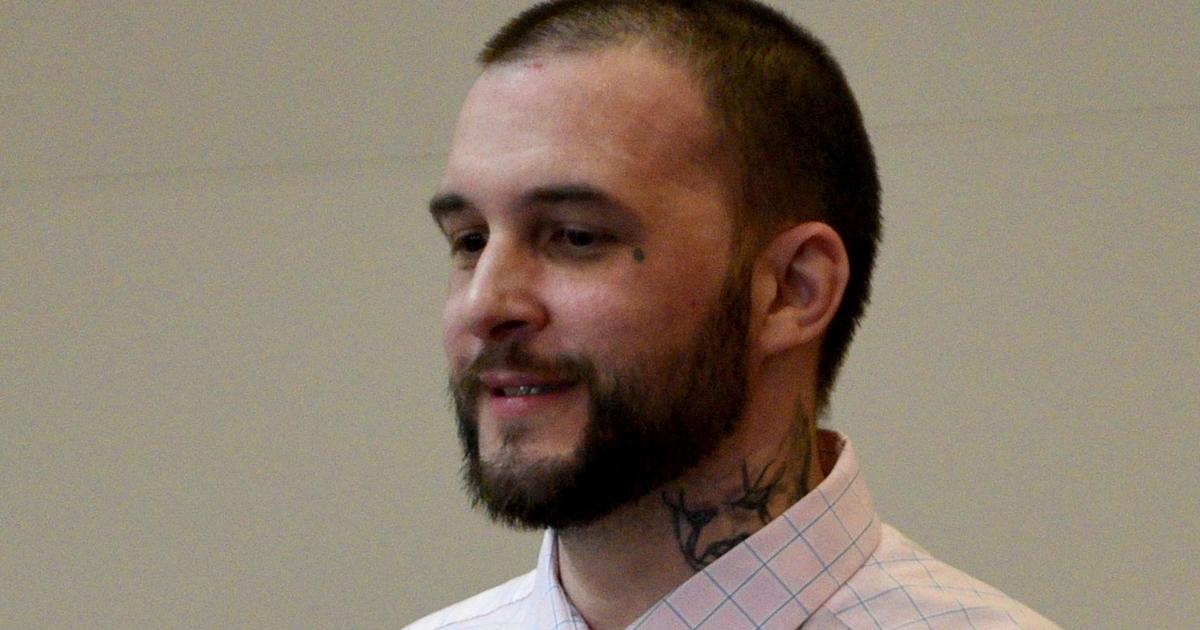A Stroke of Luck for PFO Patients
By JEREMY LECHAN, Tufts Medical Center Staff
In early 2004, Michelle Cahill suffered a stroke - a disruption of blood flow to a part of the brain. She was just 38 years old.
"The thought of having a stroke at such a young age never crossed my mind," said Cahill. "It came right out of the blue and happened without warning."
Cahill, a mother of three young children, sought answers to ensure the event would not happen again. Unfortunately, the cause of about 25 percent of all strokes, including Cahill's, remain undetermined. But new results from a decade-long clinical trial may provide a pathway to a permanent, beneficial therapy for many of these patients.
David Thaler, MD, PhD, Neurologist-in-Chief at Tufts Medical Center, presented data from the RESPECT Trial at the Cardiovascular Research Foundation's TCT2016 Meeting in Washington D.C. The data showed for the first time that closing the patent foramen ovale (PFO) – a tiny hole in the heart - using a small device called the Amplatzer PFO Occluder, reduced the risk of a recurrent stroke of unknown cause by 62 percent – a much more effective therapy than oral medications (aspirin and blood thinners). As a result of these data, the United States Food and Drug Administration (FDA) formally approved the Amplatzer PFO Occluder for PFO closure on October 28, 2016. It is the first such device to be FDA-approved for stroke prevention.
"This is a potential game-changer for people with a PFO and should have a significant impact on patients' access to this treatment," said Dr. Thaler, a member of the RESPECT Trial's Steering Committee. "While the early trial data were suggestive, today's data for the first time show a clear benefit of PFO closure for people with strokes of unknown origin."
The PFO is found in the heart wall between the right and left atria. Every person has a PFO as a fetus, but for most people, the hole will close shortly after birth. However, the PFO never closes in about 25 percent of the population. This may allow a blood clot to travel through the hole, up to the brain, causing a stroke. While most people have no symptoms and live their whole lives without ever knowing they have a PFO, 50 percent of patients with strokes of unknown cause have been found to have a PFO.
Cahill was in that 50 percent. She joined the RESPECT Trial shortly after her stroke, and was randomly picked to have her PFO closed. The short procedure was done in September 2004 without complication. Now, more than a decade later, Cahill is doing well and feeling great.
"I haven't had any recurrent strokes, my migraines have stopped – I haven't had any issues at all in 12 years," she said. "The PFO closure procedure was quick, I was home the next day and I have no limitations on my lifestyle. I'm very relieved and extremely grateful."
The above content is provided for educational purposes by Tufts Medical Center. It is free for educational use. For information about your own health, contact your physician.
Posted March 2017



